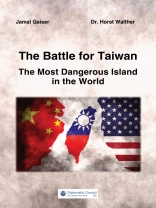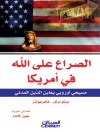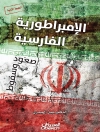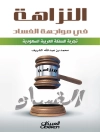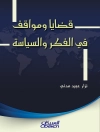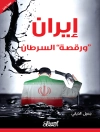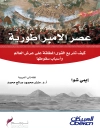The power struggle between the United States of America and the People’s Republic of China (PRC) for global supremacy is coming to a head. The small island of Taiwan – officially the ‘Republic of China’ – represents the ‘tipping point’ in this area of conflict, which could turn open hostility into a war between the two superpowers. For the PRC, Taiwan is a self-evident part of its own state; the USA treats Taiwan just as naturally as an independent state that belongs to its sphere of influence and which must be defended at all costs.
With Russia’s invasion of Ukraine, it has become clear how quickly such tensions can escalate into war. It is to be expected that, in order to defend its global supremacy, the USA will deploy the same Western alliance against China that it has put in place against Russia. In other words: If we have been engaged in some kind of ‘indirect war’ against Russia since 2022, a similar if not worse scenario is in store if the conflict between the PRC and the USA assumes a military dimension.
If the war over Ukraine has already hit Europe hard, a military confrontation between the two superpowers over Taiwan would shake Europe politically and, above all, economically. Europe has for a long time regarded itself as having a neutral stance to the USA and the PRC – this political classification would be shattered overnight. If the supply from the PRC dried up and the sales markets there were to disappear, this would drive Europe to the brink of economic ruin. Moreover, Taiwan’s failure as the world’s largest contract manufacturer of computer chips would have devastating effects on the global economy.
This topical and explosive book analyses the background and draws possible scenarios for the future.
Circa l’autore
Dr. Horst Walther, besides oriental studies, pursued the study of chemistry, information technology and economics at the University of Hamburg. The impetus for his extensive studies was not so much his vocational training, but the desire to understand what holds this world together at its core. He views languages as the key to understanding people. That is why he gained an understanding of Chinese, Russian, Greek, Spanish and Portuguese in addition to doing a deeper study of the Persian language. He authors his professional articles and increasingly also essays with social or political statements mostly in English.
